|
Filmmaker Evgeny Afineevsky slams Assad, questions deleted Tweet from Trump's UN Ambassador during appearance at IDA screening series
Filmmaker Evgeny Afineevsky does not shrink from danger.
For his 2015 Academy Award-nominated documentary Winter on Fire: Ukraine's Fight for Freedom, he captured riveting footage of the violent assault on pro-Western demonstrators who forced the overthrow of Ukraine's Russian-backed government. For his latest film, Cries From Syria, he traveled across the Middle East and beyond to document the plight of Syria's people, even secretly crossing from Turkey into Syria in the midst of the country's vicious civil war. He tried to bring fear. He tried to break his people.
For his bravery making the film, Afineevsky will receive the IDA's Courage Under Fire award in December, sharing it with the directors and subjects of several other current films on Syria including City of Ghosts, Hell on Earth and Last Men in Aleppo.
The filmmaker participated in a Q&A Tuesday night in Los Angeles following the exhibition of Cries From Syria as part of the IDA's fall screening series. "I felt the necessity to tell this story because there is a lot to know," Afineevsky told moderator Darby Maloney, editor of KPCC's "The Frame." "Witnessing two revolutions in my life -- witnessing the Ukrainian and this one [in Syria], [I'm] kind of starting to worry about the world where I live."
Cries From Syria is now available on HBO Go and other streaming platforms. It contains some of the most disturbing and tragic images imaginable -- the bodies of children killed in bombing and gas attacks, and young drowning victims who died in the Mediterranean as they tried to escape the hideous destruction in their homeland.
Syria began its descent into chaos in 2011 after the government brutally retaliated against schoolchildren in the city of Daraa who had the temerity to write graffiti on a wall critical of the regime. "It started with the kids and kids are the essential element of this war," Afineevsky told the audience at the Landmark Theatres in West L.A. "That's why my main focus was on them. It's their story."
Afineevsky, who is Russian-born, lived in Israel for a time and now holds American citizenship, described the difficulty he faced trying to convince Syrians to share their stories.
"Slowly I found people who trusted me... The issue of the trust was really hard from the beginning because for Syrian people they thinking that we abandoned them," he said. "I tell you that because everybody remember the 'red line' that our former president [Obama declared]. Since that moment -- in their minds -- they were feeling that we abandoned them... And I explain, no, we just have lack of knowledge about you. We, as civilians, we as the people -- I'm not talking about the government. I'm talking about the people." A substantial portion of the film is composed of video shot by Syrians on cell phones, showing the destruction of their towns -- by Assad's military, by Assad's principal ally, Russia, or in some cases by ISIS forces or other Islamist militant groups linked to al-Qaeda. "I think in our days camera is real weapon," the director noted.
Images from Evgeny Afineevsky's film Cries From Syria. Courtesy HBO/CriesFromSyria.com
The film includes portions of an interview with Assad, which Afineevsky revealed he arranged under false pretenses. He said the Syrian leader agreed to answer questions from what he thought was a journalist for a Czech TV outlet.
"Assad very picky to whom he opening his doors. He is strict. [Our] crew was prohibited to go to Damascus. The editing was done by his [Assad's] crew so we literally received the material back," Afineevsky recounted. "Sometimes -- it's kind of bad -- but you need to lie. Sometimes you need to trick such people because otherwise you won't have access to him."
The film shows the devastating effect of gas and chlorine attacks on Syrian civilians perpetrated by the government -- video of small children gasping for breath or wailing in pain, bodies of the dead, young and old, arrayed like so many matchsticks. An audience member asked Afineevsky what he thought motivated Assad to gas his own people.
"He tried to break his people," Afineevsky responded. "So for him, gassing his people every time it's something to try to break them, break in terms of bring this fear on his own people." The filmmaker said for those trapped in Syria the remaining "options" are grim. "The choice for Syrians is very limited... One is to die in Assad's prisons from the torture, die from chemical weapon, die from ISIS or die from Russian shelling. And they try to survive." We need to preserve what we have in our hands -- freedom, freedom of speech, peace, freedom of expression.
Millions of Syrians have fled the war to neighboring countries including Turkey, Jordan and Lebanon. A significant but smaller number have tried to make it to Europe, where hostility to their presence has grown. Not all seeking to get out of Syria have the means to escape, Afineevsky stated.
"Most of the people who flee Syria, it's people who have some money to pay smugglers. Because in these days any human being who [is] suffering in Syria if he don't have money he will be stuck there."
Cries From Syria premiered at the Sundance Film Festival last January before its debut on HBO in March. Afineevsky has screened the film for members of Congress; Nikki Haley, the U.S. Ambassador to the UN, saw it in August, tweeting her positive appraisal.
Within a matter of days, Haley's tweet disappeared from her feed.
"She wrote a beautiful tweet... Four days later, tweet disappears. Shocking," Afineevsky declared. "It's shocking for me not because it's my movie. It's shocking for me that somebody in my government, somebody who represents a lot of people in this country, can say something -- and it's truth -- and then four days later because of the pressure from I don't know, somewhere, or someone told her to do that, she taking this down. She deleting this." He added, "It's kind of insult to this First Amendment." The people of Syria who aspired to democratic self-determination and the ouster of Assad have paid a terrible price in blood and suffering. Affineevsky believes this should provide a lesson to all that respect for liberty and inalienable human rights are very far from guaranteed, even here in the U.S., a country founded on such principles. "We need to preserve what we have in our hands -- freedom, freedom of speech, peace, freedom of expression," he told the audience emphatically. "For me, I'm cherishing as an artist freedom of expression. It's important to educate our younger generation that they can't take things for granted. They just can't."
For more on the action campaign associated with Cries From Syria, click here.
|
AuthorMatthew Carey is a documentary filmmaker and journalist. His work has appeared on Deadline.com, CNN, CNN.com, TheWrap.com, NBCNews.com and in Documentary magazine. |
- Home
- News
- Videos
-
Galleries
- 2019 Tribeca Film Festival
- Full Frame Documentary Film Festival
- 2019 SXSW Film Festival
- SXSW 2018 Gallery
- 2019 Sundance Film Festival
- Outfest 2018 Photo Gallery
- Outfest 2017
- Sundance 2018 Photos
- 2017 LA Film Festival
- 2017 Cannes Film Festival
- Tribeca Film Festival 2017
- SXSW 2017 Gallery
- 2017 Berlin Film Festival
- Sundance 2017 Gallery
- 2016 Los Angeles Film Festival
- Cannes Film Festival 2016
- SXSW 2016 Gallery
- Berlinale 2016 Gallery
- Sundance 2016 Gallery
- Filmmaker Gallery
- About
- Contact
Proudly powered by Weebly
- Home
- News
- Videos
-
Galleries
- 2019 Tribeca Film Festival
- Full Frame Documentary Film Festival
- 2019 SXSW Film Festival
- SXSW 2018 Gallery
- 2019 Sundance Film Festival
- Outfest 2018 Photo Gallery
- Outfest 2017
- Sundance 2018 Photos
- 2017 LA Film Festival
- 2017 Cannes Film Festival
- Tribeca Film Festival 2017
- SXSW 2017 Gallery
- 2017 Berlin Film Festival
- Sundance 2017 Gallery
- 2016 Los Angeles Film Festival
- Cannes Film Festival 2016
- SXSW 2016 Gallery
- Berlinale 2016 Gallery
- Sundance 2016 Gallery
- Filmmaker Gallery
- About
- Contact

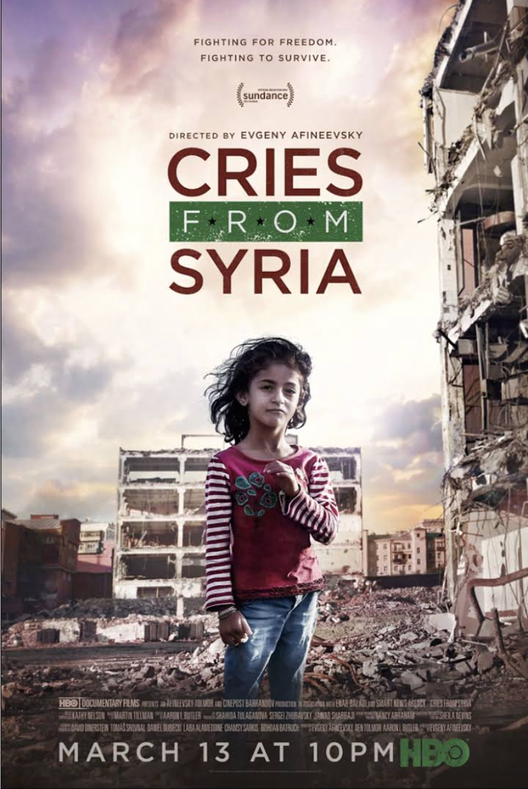
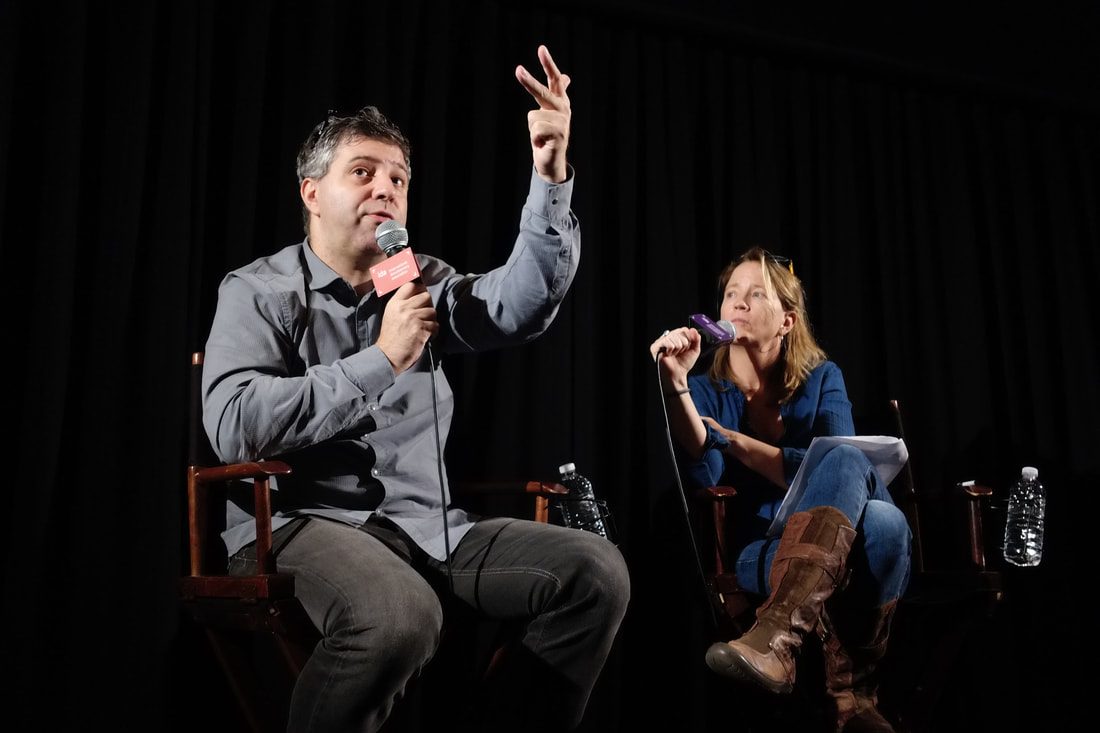
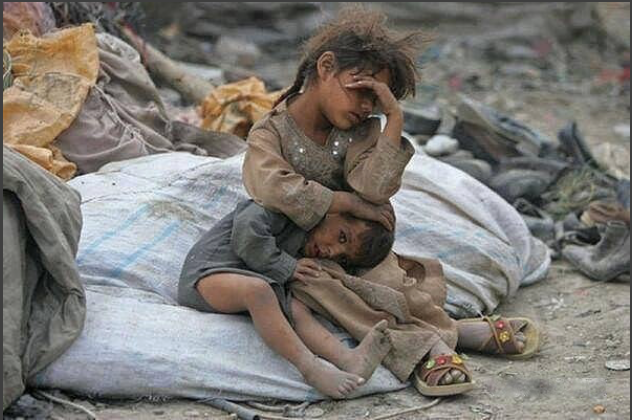
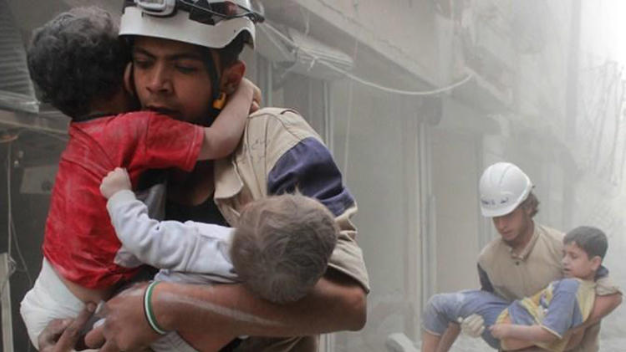
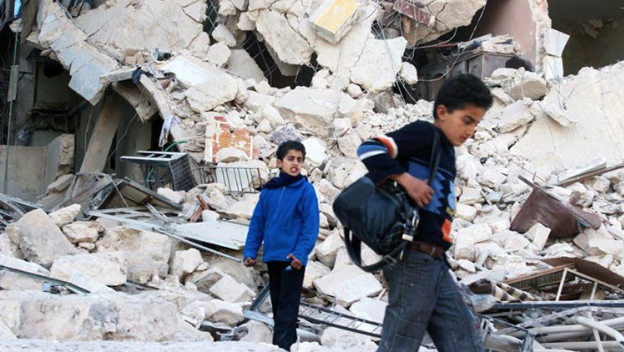
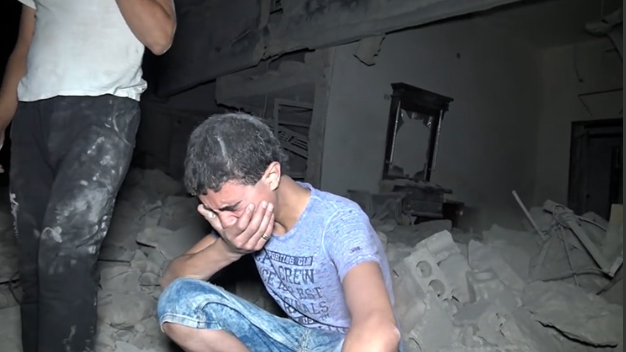
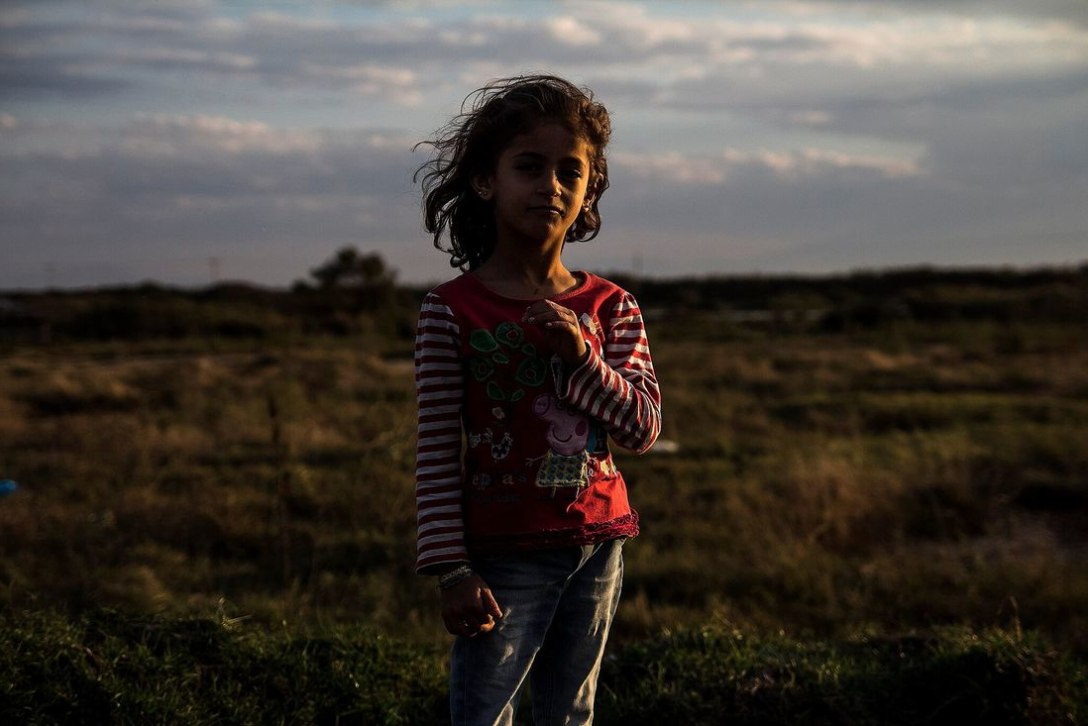
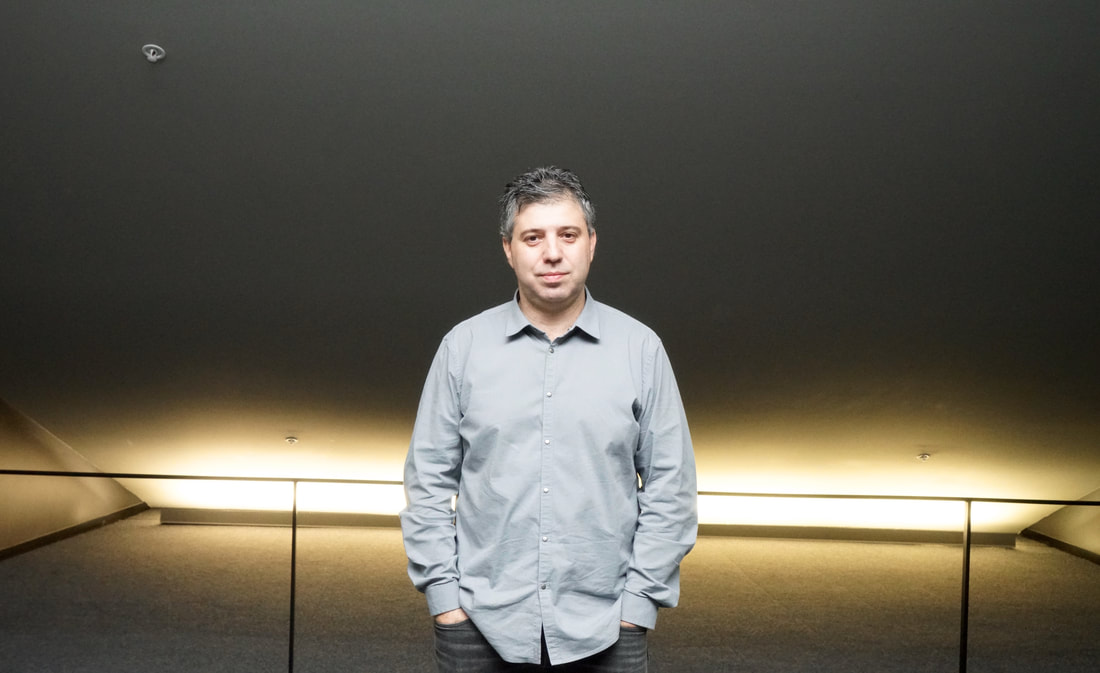

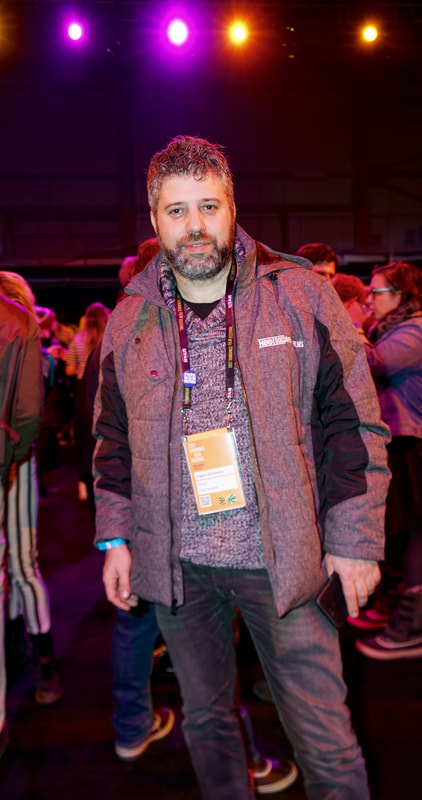
 RSS Feed
RSS Feed